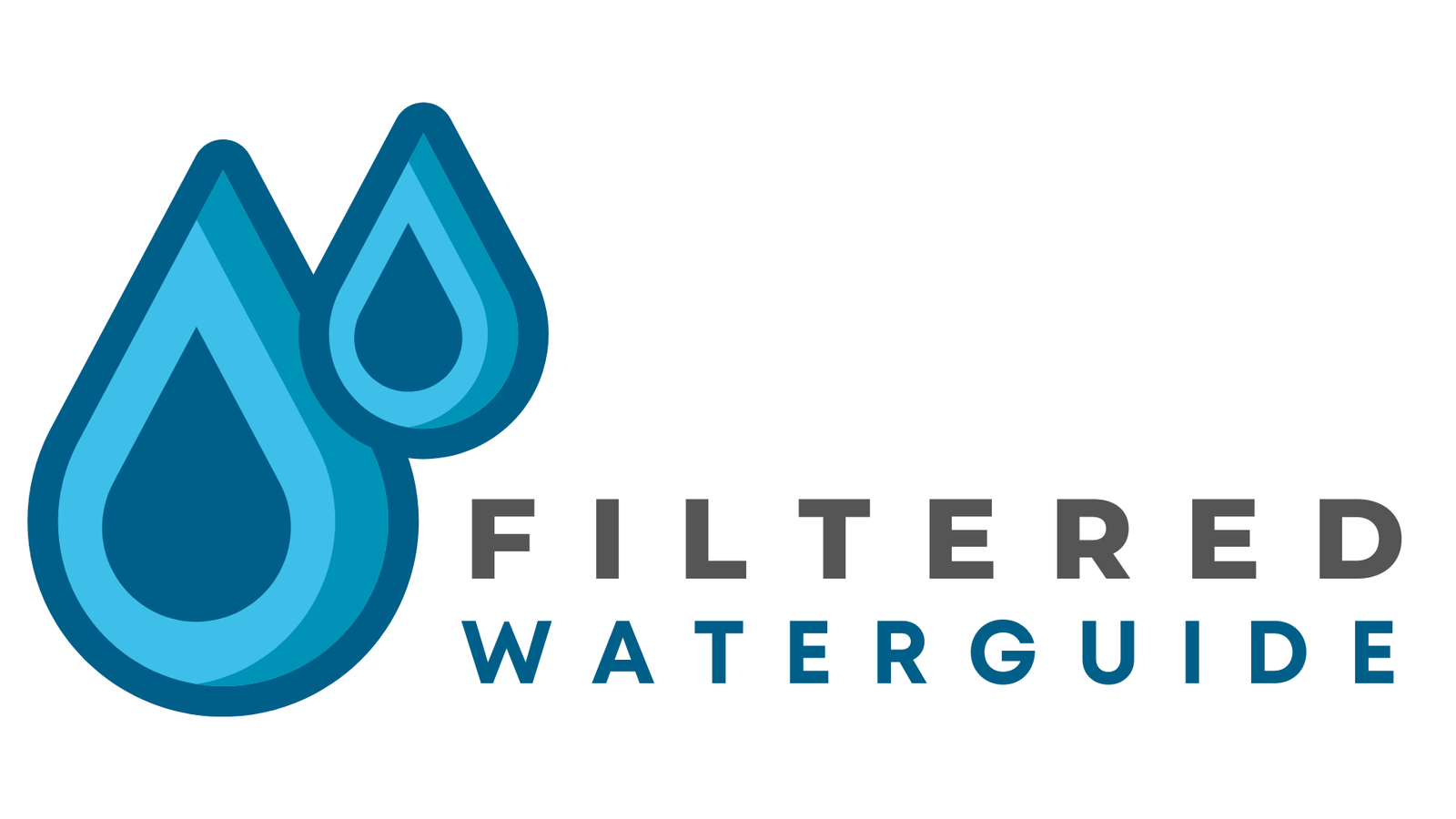Filteredwaterguide.com is supported by readers. If you purchase through referral links on our site, we make a commission at no extra cost to you. Learn more.
Tankless vs. Tank Water Heaters
So you’re interested in a tankless water heater, but aren’t sure if it’s right for you?
You are not alone.
While tankless water heaters have been popular in Europe and Japan for years, the United States has been a bit more hesitant to adopt this not-so-new technology. In this article, we will explore tank vs. tankless water heaters so that you can make an informed decision for yourself.
The comparison chart below shows that tankless water heaters are better in the most important categories for buyers. Pluses represent better results in the category listed, while minuses are considered a downfall. We will elaborate on each of these findings in the remainder of the article, comparing tankless versus standard tank hot water heaters.
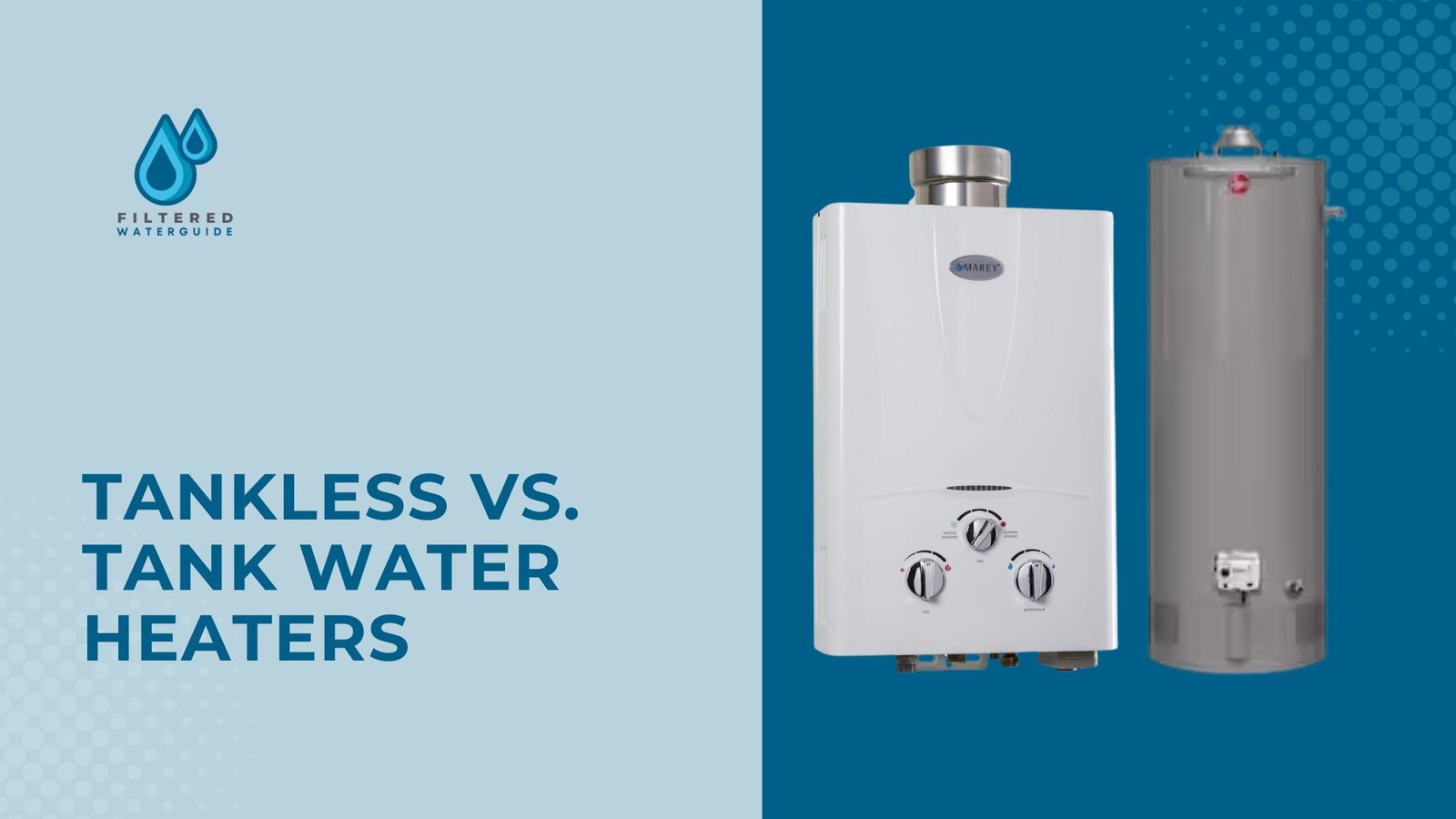
Table of Contents
- Tankless Water Heater vs. Tank Compared
- Pros and Cons of Traditional Tank Hot Water Heaters
- Benefits of Tank Hot Water Heaters
- Cons of Tank Water Heaters
- Pros and Cons of Tankless Hot Water Heaters
- Benefits of Tankless Water Heater
- Cons of Tankless Water Heater
- Tankless vs Tank Water Heater Cost
- So, Are Tankless Water Heaters Better?
- Switching to Tankless Water Heater
Tankless Water Heater vs. Tank Compared
| Tank Water Heater | Tankless Water Heater | |
|---|---|---|
| Convenience | X | Check |
| Efficiency | X | Check |
| Up-Front Cost | Check | X |
| Monthly Cost | X | Check |
Pros and Cons of Traditional Tank Hot Water Heaters
When most consumers think about hot water heaters, they imagine the big, clunky tank in their basement. Hot water heaters have had the same traditional look for decades, but how do they work?
Tank water heaters come in many fuel types, but the most popular are electric and gas models. You can also find solar, propane, geothermal and many other types to meet just about any need. Regardless of the fuel source, water passes through a heat exchanger, which is just a series of pipes that direct the water past a heat source.
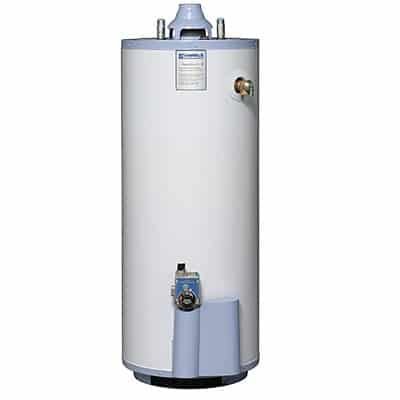
Once heated to the desired temperature, the water continues through to the holding tank until it’s needed. Tanks typically have a capacity of about 80 gallons. They are usually lined with glass to help prevent corrosion, and surrounded by heavy-duty insulation to keep water warm until needed. Insulation will only hold the temperature for a limited amount of time, so the heater will run several heating cycles while storing.
When the water temperature drops below the desired range, a built-in thermostat triggers the heating cycle to begin again.
While water is being drained through use, new cold water is added to the top of the thermostat. If the entire supply of hot water is consumed, the cold water will begin coming out through your pipes.
Benefits of Tank Hot Water Heaters
If you’re looking at replacing a water heater, you’re surely interested in the comparison of tankless water heaters vs conventional.
- Purchase Price- The most commonly cited benefit of tank versus tankless water heaters is that tank heaters are much less expensive to purchase. Traditional tank heaters can be purchased for as low as about $250, while tankless systems can cost into the thousands. Don’t let that scare you away, though, as there are affordable options around $500 – $600 as of 2017 for smaller water demand households.
- Installation Price- In addition to the low cost of purchase, traditional tank heaters are more affordable to have installed versus tankless water heaters.Installation averages at about $650 for 50 to 80-gallon tank water heaters, but can be as low as $75..
- Repair and Replacement Availability- One simple but important advantage of tank versus tankless water heaters is that they are serviced by almost any and all plumbing professionals. This means that a repair or replacement can occur much more quickly versus tankless water heaters.
- Power Outages- Unlike tankless systems, tank water heaters can still provide hot water when the power goes out. Because tank systems are designed to store hot water between heating cycles, they will keep your house supplied with hot water for a while.
Cons of Tank Water Heaters
There’s a reason that so many people are switching to tankless water heaters, and that is because traditional tank heaters have their fair share of downfalls.
- Space Requirements- Because most water heater tanks are at least 50 gallons in volume, plus insulation, they are large and cumbersome. This can make them difficult to get into the space they’re needed in and also use up valuable storage or living space in your home. For many small homes built in the late 1800s or early 1900s, it could be nearly impossible to get a water heater down narrow basement steps.
- Utility Costs- Tank water heaters are much less efficient versus tankless water heaters as they continuously reheat the many gallons of water they are storing whether or not you are running any hot water. This reflects in utility bills, which are much higher when compared to tankless water heaters. Some municipalities may even offer rebates to promote energy efficiency. Just visit your local government’s website and search “utility rebates”.
- Efficiency Concerns- In addition to utility bills, government regulations are a concern when it comes to efficiency and not all tank water heaters will make the cut. A 2015 Department of Energy Ruling required that all newly installed heaters meet a 65% minimum efficiency. While all tankless water heaters could already hit this mark, this is an actual concern for older tank heaters.
- Lifespan- Water storage is not easy on tanks, and even though there are measures to combat corrosion, traditional water heater lifespans are much shorter when compared to tankless water heaters. A 10-year lifespan in hot water heaters is considered great, while seven years is a realistic time to expect tank failure. Depending on the hardness of water where you live, your tank could fail even sooner.
- Flood Risk- When hot water heaters fail, it is not uncommon for the bottom of the tank to literally fall out, causing all 50-plus gallons of water to spill onto your floor. In addition to immediate property damage, mold can also result. These issues are so common and cause so much damage, that there are even aftermarket water sensors that will alert your phone or mobile device if water is detected underneath your heater.
The traditional tank water heaters most Americans are used to are simple, affordable and widely available, but come with their own set of costs. Buyers should consider the long term consequences when deciding between tank vs. tankless hot water heaters, including utility costs, lifespan, and potential for damage to your home.
Pros and Cons of Tankless Hot Water Heaters
Tankless, or on-demand, water heaters work in a similar manner to standard water heaters. The biggest difference, obviously, is the lack of a tank. Instead of intaking water, heating, and storing it, tankless waters simply heat water as it is needed.
Like traditional tank water heaters, tankless heaters can be powered by a variety of sources, with the most popular being natural gas and electric. Gas Tankless Water Heaters are known for their high hot water output, while electric tankless water heaters are notorious for their relatively low price tag.
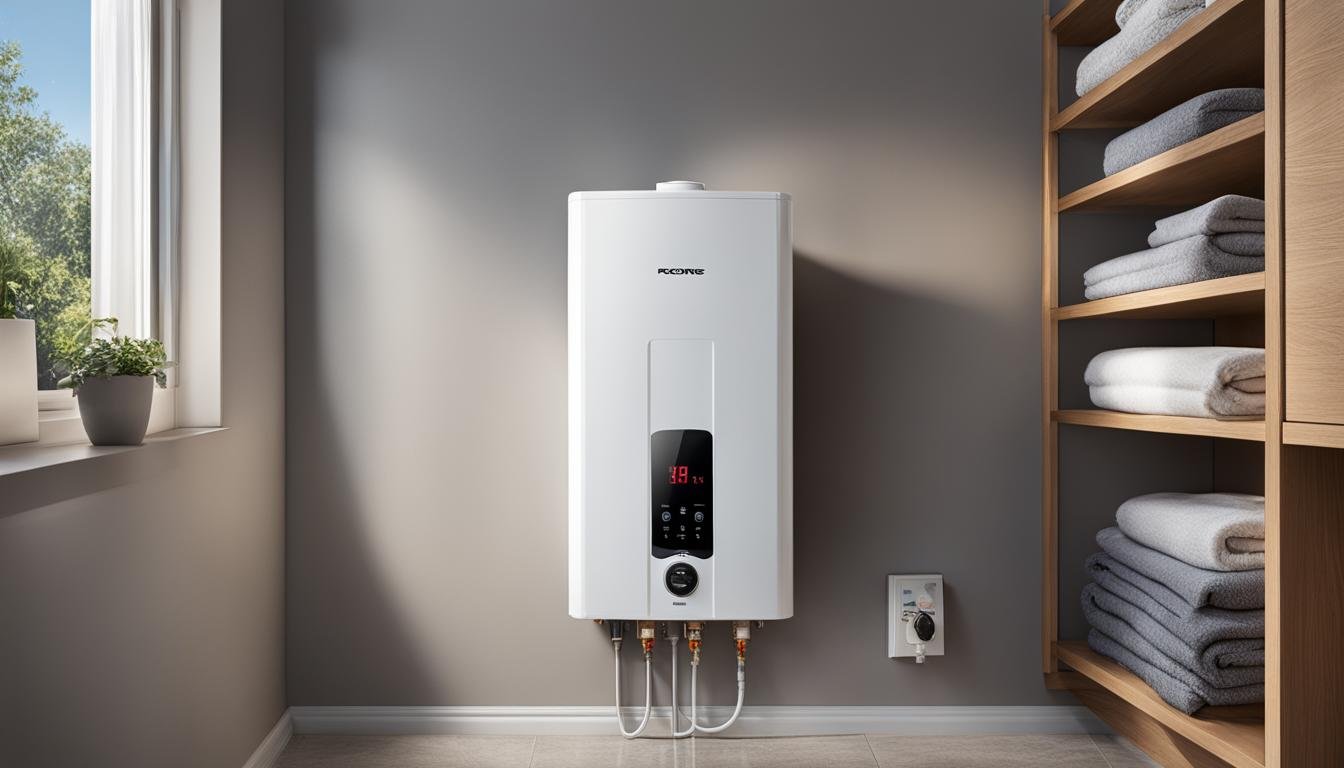
For all types of tankless water heaters, a flow rate sensor waits for evidence of water flow when you run the sink or turn on an appliance that uses hot water. This triggers the heating cycle, which consists of water being passed in tubes (called a heat exchanger) past a gas or electric heat source.
The water heats as is travels by and flows on to your pipes. Once the demand for water ends, the heat cuts off. New ground temperature water is only drawn back into the system once more demand for hot water is sensed.
Benefits of Tankless Water Heater
While significantly more expensive when compared to traditional tank water heaters, tankless water heaters save homeowners in other ways.
- Convenience- As long as your tankless water heater is sized properly, you should have endless hot water. Because tankless heaters do not rely upon stored hot water to supply your household, the only limitation is the gallon per minute output of the heater. As long as you select your heater carefully and have it installed properly, this should never be an issue.
- Lifespan- Tankless water heaters have a much longer lifespan versus standard tank hot water heaters. Most experts estimate tankless water heater lifespans to exceed 20 years, which is more than double that of regular water heaters.
- Space Saving- Tankless water heaters are usually not much larger than a moving box, and can even be mounted on the wall. This makes for little to no intrusion on your storage or living space.
- Tankless Water Heater Efficiency- We know tankless water heaters are considered to be more high-tech but are tankless water heaters more efficient? Unlike tank hot water heaters, tankless heaters are not repeatedly heating the same stored water while you’re not even using it. According to energy.gov, homes that use 41 gallons or less of hot water per day can be up to 34% more efficient than traditional tank water heaters. Visit energy.gov to calculate your own potential savings.
Cons of Tankless Water Heater
Although tankless water heater technology is improving every day, there are still some aspects that may be of note for buyers trying to decide between tank or tankless water heaters.
- Initial Costs- While they will save you money over time, tankless water heaters are a large upfront investment. The product itself is much more expensive when compared to the equivalent tank hot water heater, and the installation will generally require a retrofit. In many cases, a power outlet or gas ventilation may need to be added, which will add to the install price.
- Specialized Parts & Service- Because tankless hot water heaters are less popular in the united states, there are fewer plumbing and HVAC companies on hand to install them. This not only increases the price of your service but could affect the turnaround time for having work done. Additionally, tankless water heaters will not be effective if installed by an uneducated technician.
Tankless vs Tank Water Heater Cost
After researching tankless versus standard tank hot water heaters, you would be hard pressed to find a good reason not to go tankless. The only consistent reason people are not doing so is the initial cost. If you are able to spend the larger upfront costs or obtain financing, you can save yourself tons of money and headache for years to come!
Overall, a tankless water heater will save you money in the long run but will cost you a little bit more upfront. Not to mention the convenience of never running out of hot water!
So, Are Tankless Water Heaters Better?
Tankless water heaters can accomplish almost anything a traditional tank heater can do, but more efficiently. While they are not necessarily meant to replace traditional tank systems in all scenarios, tankless water heaters are a great replacement for almost all applications imaginable.
So overall, yes we would say that tankless water heaters are better than tank heaters. They are the best technology and the future of water heating.
If you have the choice between a tankless water heater and a tank version and are willing to spend a little more upfront, we recommend it for the convenience, efficiency, and long term cost savings and benefits.
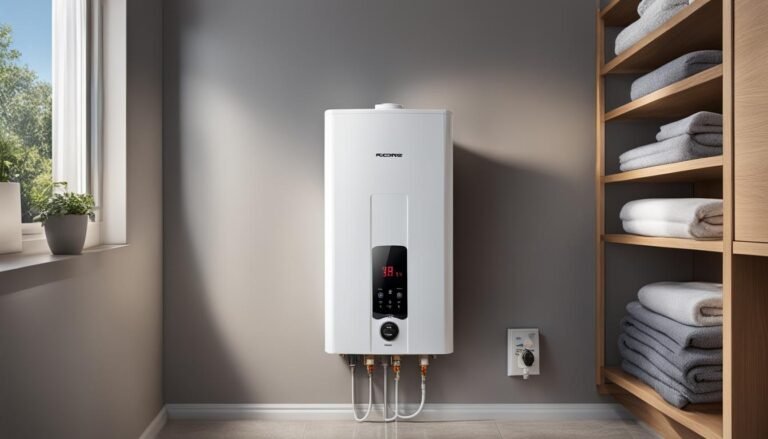
Switching to Tankless Water Heater
Think you’re ready to enjoy the advantages of a gas or electric tankless water heater?
Converting to a tankless water heater isn’t hard and as long as you can get help from a quality HVAC technician for installation of your new model the process is a breeze.
Make sure to check out our tankless water heater review guide before making a purchasing decision!
